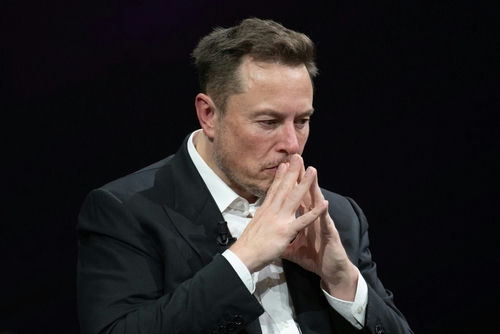Elon Musk’s sudden retreat from launching a third political party reveals the tech billionaire chose business interests and Republican alliances over his bold challenge to the MAGA establishment.
Musk’s Strategic Retreat From Third-Party Challenge
Elon Musk abruptly canceled his America Party initiative in late July 2025, just weeks after announcing the ambitious third-party venture. The tech billionaire reportedly scrapped scheduled meetings with campaign organizers and shifted focus back to his business empire. This dramatic reversal came after mounting pressure from Republican allies who warned against splitting the conservative vote in future elections. Musk’s companies, Tesla and SpaceX, had reportedly suffered operational disruptions during his political engagement, making the business case for withdrawal compelling.
The decision followed a volatile period marked by public feuds with Trump administration officials and social media disputes that escalated tensions within conservative circles. Musk’s role as head of the Department of Government Efficiency had already created friction through his aggressive push for spending cuts and bureaucratic audits. When Trump threatened government contracts vital to SpaceX operations, Musk quickly apologized and deleted controversial posts, signaling his recognition of political reality over ideological purity.
Vance Emerges as Musk’s Preferred 2028 Candidate
Vice President JD Vance now stands positioned to receive substantial financial backing from Musk should he pursue the presidency in 2028. Sources indicate Musk views Vance as an ideal vehicle for advancing conservative principles while maintaining crucial business-government relationships. Vance’s MAGA credentials, combined with his tech-friendly background, make him an attractive candidate for Musk’s political investment. This potential alliance represents a pragmatic calculation that supporting an established Republican figure offers better returns than launching an untested third party.
Vance has publicly acknowledged Musk’s complicated relationship with the Trump White House while expressing optimism about future collaboration. The Vice President’s comments suggest coordination between the two figures as they position themselves for the post-Trump era. Political analysts note that Musk’s financial resources could prove decisive in a competitive 2028 Republican primary, giving Vance significant advantages over potential rivals. This partnership would merge Silicon Valley innovation with America First populism in ways that could reshape conservative politics.
Business Interests Trump Political Disruption
Musk’s reversal demonstrates the limits of billionaire political activism when business empires face government retaliation. Tesla and SpaceX operations reportedly suffered during Musk’s political confrontations, forcing him to choose between ideological battles and corporate stability. The tech mogul’s reliance on federal contracts and regulatory approvals made sustained conflict with Republican leadership untenable. Smart money recognizes that influence through established channels often exceeds the uncertain returns of political disruption.
This episode reinforces historical patterns showing wealthy individuals rarely succeed in third-party politics but often find accommodation within existing structures. Musk’s strategic retreat preserves his political capital while avoiding the vote-splitting dynamics that could benefit Democrats in 2028. Conservative voters can appreciate this pragmatic approach that prioritizes Republican unity over personal ambition. The outcome strengthens both Musk’s business position and the MAGA movement’s electoral prospects heading into the next presidential cycle.
Sources:
Elon Musk pauses third-party plan: report
Elon Musk is already giving up on plans to start his own party

